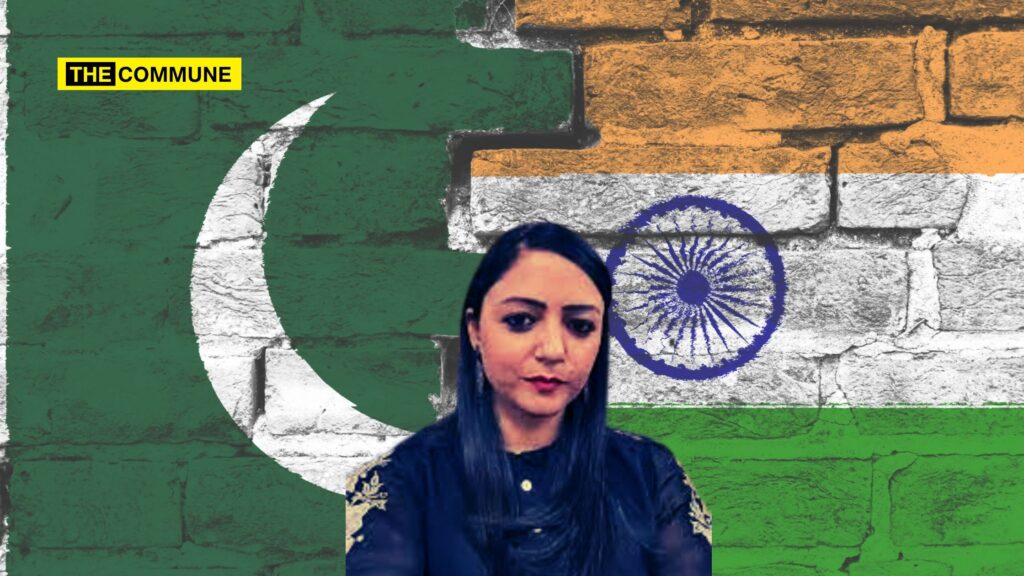In a candid conversation with Abhinandan Sekhri of leftist portal Newslaundry, activist and author Shehla Rashid shed light on her new book, Role Models: Inspiring Stories of Indian Muslim Achievers, which aims to challenge stereotypes about the Muslim community and highlight their potential for success in India. The book features stories of icons like music composer AR Rahman, tennis star Sania Mirza, ISRO scientist Nigar Shaji, and paraplegic swimmer Shams Aalam. However, Rashid’s perspective on India’s Partition and her critiques of Islamic separatism stood out as the highlight of the discussion.
The Islamic Lines Of Partition
In the promo video, Rashid is seen asking Sekhri, if India was divided on religious lines. Abhinandan replies in the affirmative. Shehla tells him, “No, it wasn’t. It was divided on Islamic lines.” – which leaves Sekhri shocked.
Rashid rejected the notion that India’s Partition was based purely on religious lines. Instead, she argued that it was rooted in Islamic lines, shaped by separatist ideologies that prioritized religious exclusivity. She explained how these ideologies created divisions by promoting the idea that Muslims could only thrive under Sharia rule. “We reduced ourselves to a minority based on ideologies that claimed Muslims could flourish only under Sharia, while evidence shows the contrary,” Rashid asserted.
Towards the end of this promo, @Shehla_Rashid says a very pertinent truth about the Partition of India. pic.twitter.com/ZNtt3luPB2
— Abhijit Majumder (@abhijitmajumder) December 5, 2024
Under Muslim vs. Secular Rule
Drawing comparisons, she pointed to how Muslim-majority nations have grappled with internal sectarian conflicts. For instance, Pakistan’s persecution of Shias and Ahmadis, and Bangladesh’s crackdown on Sufi practices, illustrate the complexities of defining “who is a Muslim” in states governed by Islamic principles. In contrast, she highlighted India’s secular framework, which allows Muslims the freedom to pray, dress, and live as they choose, fostering an environment where they can thrive.
A Missed Opportunity For Dialogue
Rashid expressed disappointment with the interview’s fixation on Prime Minister Narendra Modi, noting that while she acknowledges his position as a leader for all Indians, the focus on him overshadowed broader discussions about the themes in her book. “We spent 1.5 hours fixated on Modi, but missed the chance to discuss critical issues like the Islamic basis of Partition and its implications for modern-day India,“ she remarked.
https://twitter.com/Shehla_Rashid/status/1864668820201206265
Rashid emphasized the need for honest introspection within the Muslim community about the lingering influence of separatist ideologies. She urged Muslims to recognize the freedoms they enjoy in a secular democracy like India, contrasting it with the restrictions and sectarian strife seen under Islamic rule.
Subscribe to our channels on Telegram, WhatsApp, and Instagram and get the best stories of the day delivered to you personally.

